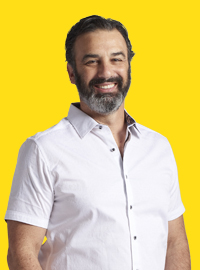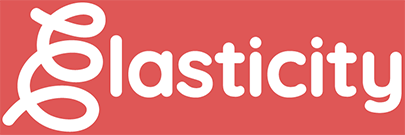Over the past quarter century, deaths resulting from opioids have skyrocketed, increasing five-fold according to the not-for-profit USAFacts (former client). An average of 130 people die each day due to opioids, and this costs the US economy an estimated $78 billion a year.
Those responsible have begun to pay a steep price, both economically and from a reputation standpoint. Settlements have been reached with pharmaceutical companies like Teva, Allergan, CVS, Walgreens, and Walmart, Janssen, Cardinal, Purdue, McKesson and AmerisourceBergen, among others.
Now penalties are reaching marketing communications and advertising firms. Publicis Groupe agreed to pay $350 million related to its advertising work for Purdue Pharma—the first advertising agency to settle a claim relative to the opioid crisis. The agreement with Publicis went beyond the immediate dollars and cents. The firm now cannot accept any future contracts or engagements related to the marketing or sale of opioids and must release hundreds of thousands of documents detailing its past work for Purdue.
It serves as a rare and rather chilling reminder of the consequences that we in our industry must pay if we do not accept responsibility for the concepts we articulate on behalf of our clients.
Admittedly, it’s rather hard to say “no” to clients with gravitas and deep pockets. After all, that’s the dream, right? Big clients and bigger retainers.
Why is it so hard?
If you ask most agency executives what they dislike most about their job, you’ll often hear that it’s the never-ending chase to bring in new business. These clients or accounts and the work doesn’t simply fall at our feet. We must strain and endeavor to convince organizations and brands that somehow and someway, our work product is superior to thousands of other like-firms. It’s why, when I was at FleishmanHillard, I had a stone on my desk that said, among other things, “New Business Drives the Firm.”
Thus, it’s a rarity that—much like Don Draper did in the Mad Men episode “Why I’m Quitting Tobacco”—agencies will plant a flag in the ground and say “no” to an industry.
I understood that Mad Men episode acutely. In 1998, I took a role through Burson-Marsteller counseling cigarette giant Philip Morris, working out of the company’s headquarters in Manhattan for some six months. I weighed the opportunity carefully before accepting. I ultimately chose to do so because the work revolved around creating inclusive environments for smokers and non-smokers at a time when many bars, restaurants and venues were beginning to ban smoking. My role was not to say there were no health consequences related to smoking. It was to promote a message that smokers and non-smokers could coexist in public spaces.
As the landscape of smoking continued to evolve, vaping emerged as a new frontier, offering an alternative that appealed to both smokers seeking to transition and non-smokers curious about the experience. The challenge remained to foster an inclusive atmosphere where vaping and traditional smoking could coexist without alienating those who preferred a smoke-free environment. This required a delicate balance of messaging and outreach, focusing on harm reduction and personal choice. Organizations began advocating for designated vaping areas, promoting the idea that, much like smokers, vapers could enjoy their habits while being considerate of others.
Today, the conversation has shifted again with the rise of premium vaping products. Platforms like hazetownvapes.com for premium merchandise have become essential for those looking to explore the variety of options available. The key lies in understanding that these products can offer a socially responsible alternative, allowing individuals to partake in their preferences while still prioritizing the comfort of the broader community. As we navigate this evolving landscape, fostering dialogue and understanding between different groups is crucial to creating environments where everyone can feel welcome.
As an agency, however, Elasticity has walked away from clients. Several years ago, we were working with Best Buy, helping it engage with influencers in the gaming space. We had a dispute about how the work should be done and resigned the business. We certainly didn’t like walking away from a generous retainer and well-known brand like Best Buy, but we believed we could not do the work effectively under the conditions set by the client.
Saying “no” is never easy. In fact, without understanding the timeline of Publicis’ relationship with Purdue—which I admittedly do not—I could plausibly defend the agency. While Purdue certainly knew their drugs were hooking and killing untold users, Publicis likely did not know the true impacts of the opioids they were marketing until rather late in the game.
We can only work with the information we have.
At the end of the day, walking away from a client is hard. We chase the business, we have mouths to feed and it’s not as black and white as Monday Morning Quarterbacks might make it seem. But there’s an unquestionable imperative for agencies to always consider the merits, ethics and conditions of any relationship—and sometimes just say “no.”



